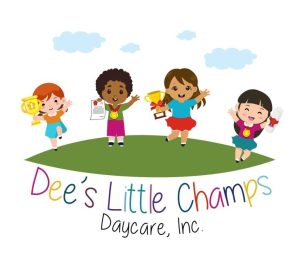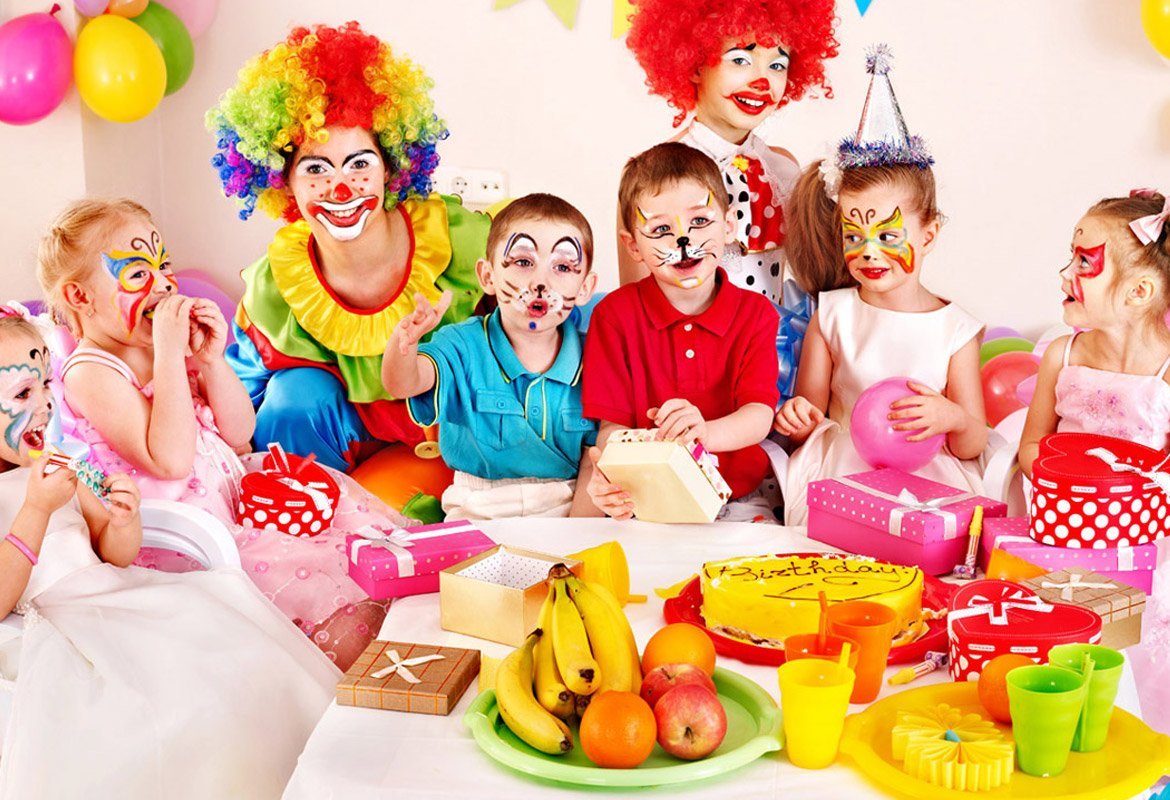Play is a crucial part of childhood development, and daycare environments are uniquely equipped to support learning through play. Far more than just fun and games, play offers a powerful avenue for children to develop cognitive, emotional, and social skills. Here’s why play is vital in daycare settings and how it contributes to holistic child development:
1. Cognitive Development Through Play
Play, especially structured play, stimulates cognitive growth by encouraging children to explore, experiment, and think critically. In daycare settings, activities such as puzzles, building blocks, and pretend play provide opportunities for children to use their imagination and problem-solving skills. For example, building with blocks helps children understand concepts such as balance, symmetry, and gravity. This hands-on approach to learning fosters creativity and enhances cognitive flexibility, teaching children to approach problems from multiple angles.
Pretend play, another essential form of cognitive stimulation, allows children to use symbolic thinking by imagining scenarios and playing roles. This form of play strengthens memory and helps children develop the ability to plan and predict outcomes, which are fundamental skills for learning and decision-making later in life.
2. Emotional and Social Development Through Play
Play in daycare is a key way for children to develop emotionally and socially. By interacting with peers in play scenarios, children learn to express their feelings, understand others’ emotions, and develop empathy. For example, playing house or pretending to take care of a baby doll allows children to explore nurturing behaviors and understand the dynamics of caregiving.
Group play encourages cooperation and helps children learn how to share, take turns, and resolve conflicts. As children negotiate roles in games or work together on a project, they practice communication and collaboration, both of which are essential social skills. Caregivers in daycare settings often guide these interactions, teaching children to navigate conflicts constructively and communicate their needs effectively.
Moreover, play allows children to release emotions and work through frustrations. Physical activities such as running, jumping, or dancing give children a healthy outlet for their energy and stress, contributing to emotional regulation.
3. Physical Development and Coordination
Play is critical for physical development. Activities that involve running, climbing, and jumping promote gross motor skills, while finer motor skills are developed through activities like drawing, painting, and playing with small objects like puzzles or building blocks. Daycare settings often offer a balance of indoor and outdoor play, providing children with ample opportunities to develop these skills.
Regular physical play also helps children build muscle strength, improve coordination, and develop balance. These skills are not only essential for physical health but also for boosting confidence and independence. Children who are given the freedom to explore physical play often feel a sense of accomplishment, which reinforces a positive self-image.
4. Learning Through Play in Group Settings
One of the key advantages of daycare is the opportunity for group play, which introduces children to the dynamics of teamwork and shared experiences. Whether it’s participating in a group game or building a fort together, children in daycare learn how to work as part of a team. These interactions promote important social skills such as communication, leadership, and compromise.
Structured group play activities, often facilitated by daycare staff, are designed to be both educational and fun. These activities can range from simple cooperative games like “Simon Says” to more complex problem-solving tasks such as building a structure together. These shared experiences teach children how to collaborate, negotiate roles, and contribute to a common goal—skills that are invaluable both in school and in life.
5. Unstructured Play for Creativity and Independence
While structured activities in daycare are important, unstructured play is equally essential. Unstructured play allows children the freedom to explore their environment, use their imagination, and engage in activities at their own pace. Whether it’s building with blocks or playing dress-up, unstructured play encourages creativity and independence.
Daycares that prioritize unstructured play give children the opportunity to make decisions about what they want to do, fostering a sense of autonomy and confidence. This type of play helps children build problem-solving skills as they figure out how to approach tasks on their own.
6. Play as Preparation for School
Play in daycare also serves as preparation for formal education. Through play-based learning, children become accustomed to routines, following instructions, and engaging in group activities—all of which are essential for kindergarten readiness. Daycare environments that encourage both structured and free play help children develop the focus and discipline needed for school, while still allowing them to enjoy the process of learning.
For example, activities that involve sorting shapes or counting objects lay the groundwork for early math skills, while storytelling and pretend play enhance language development. Play teaches children how to approach challenges creatively and with a positive attitude, making them more adaptable and resilient in a school setting.
Conclusion
Play is an integral part of childhood development, and daycare provides the ideal environment for learning through play. Whether it’s cognitive, emotional, social, or physical growth, play helps children develop essential life skills in a fun, engaging way. By offering a mix of structured and unstructured play, daycare programs not only prepare children for academic success but also foster creativity, confidence, and social competence. Parents can feel assured that through play, their children are building a strong foundation for future learning and personal development.




Good Leisure Time